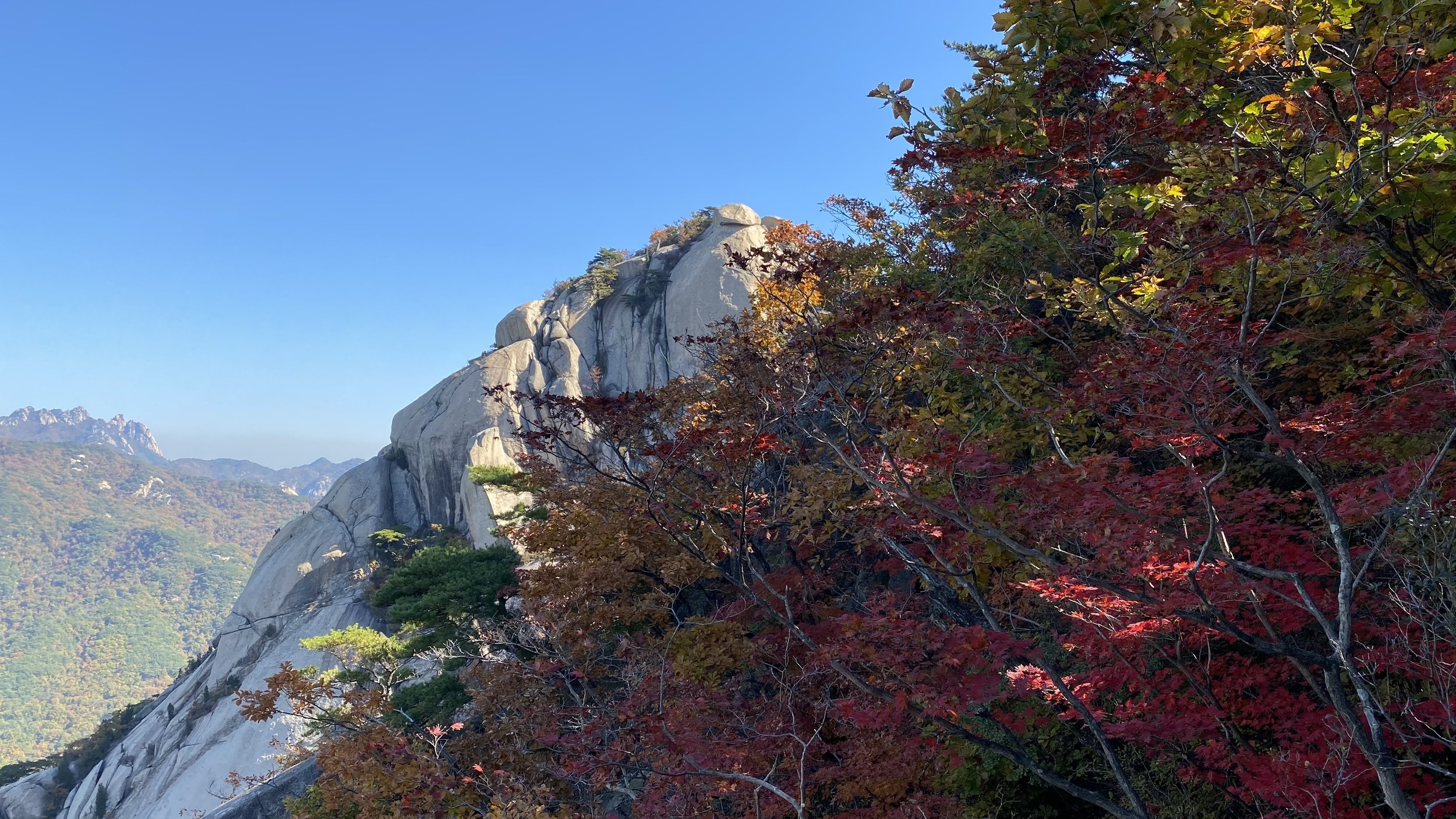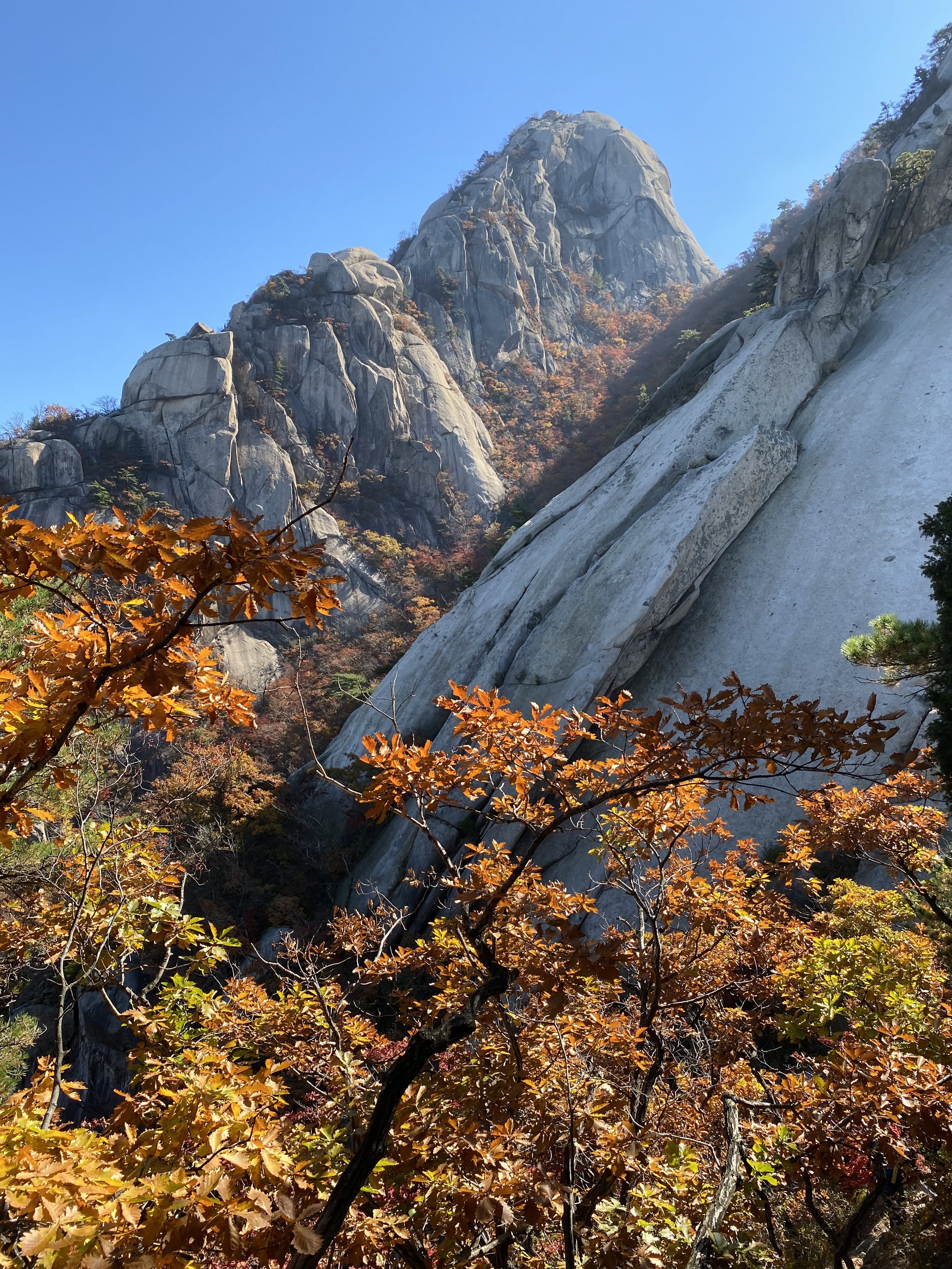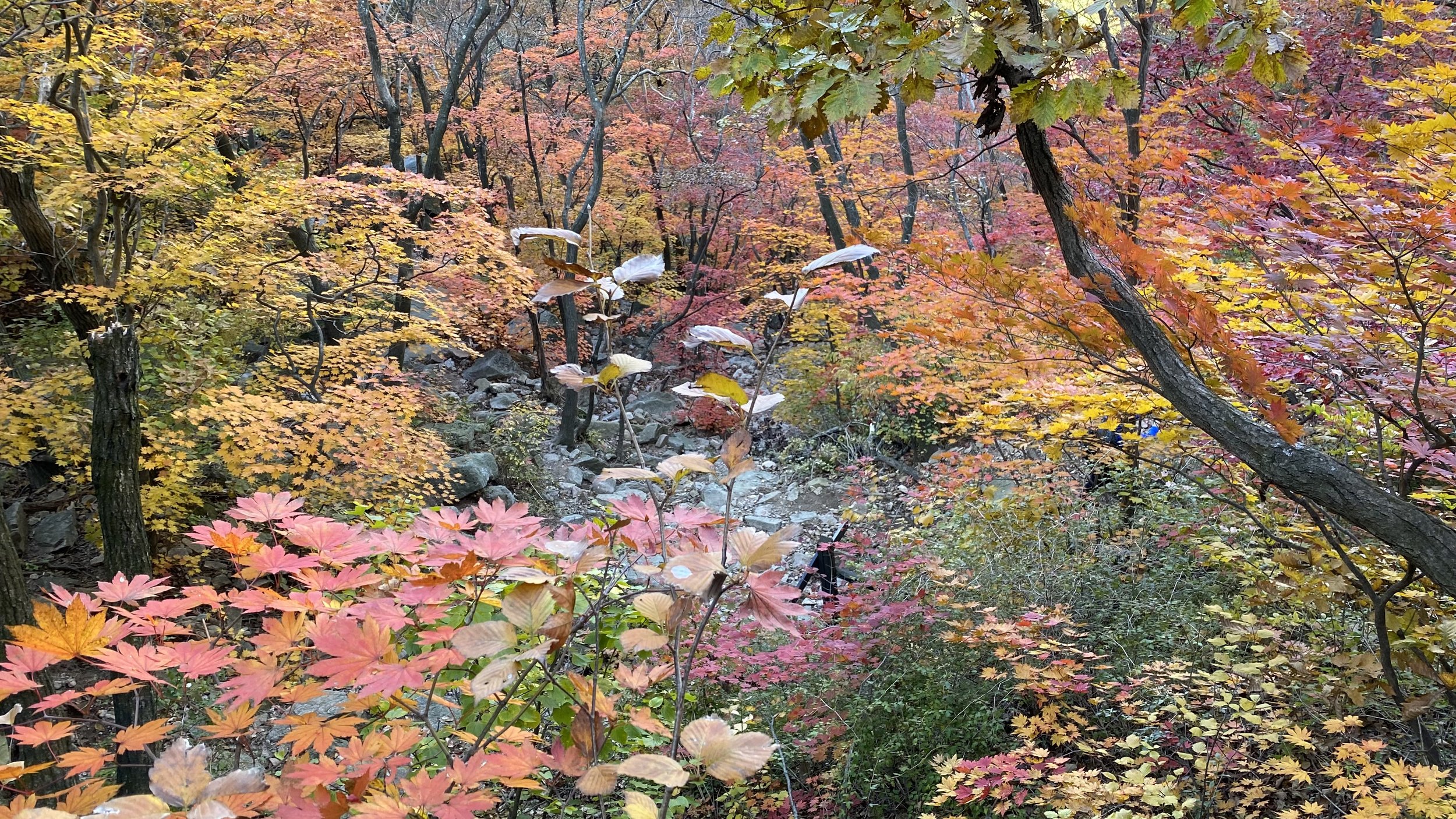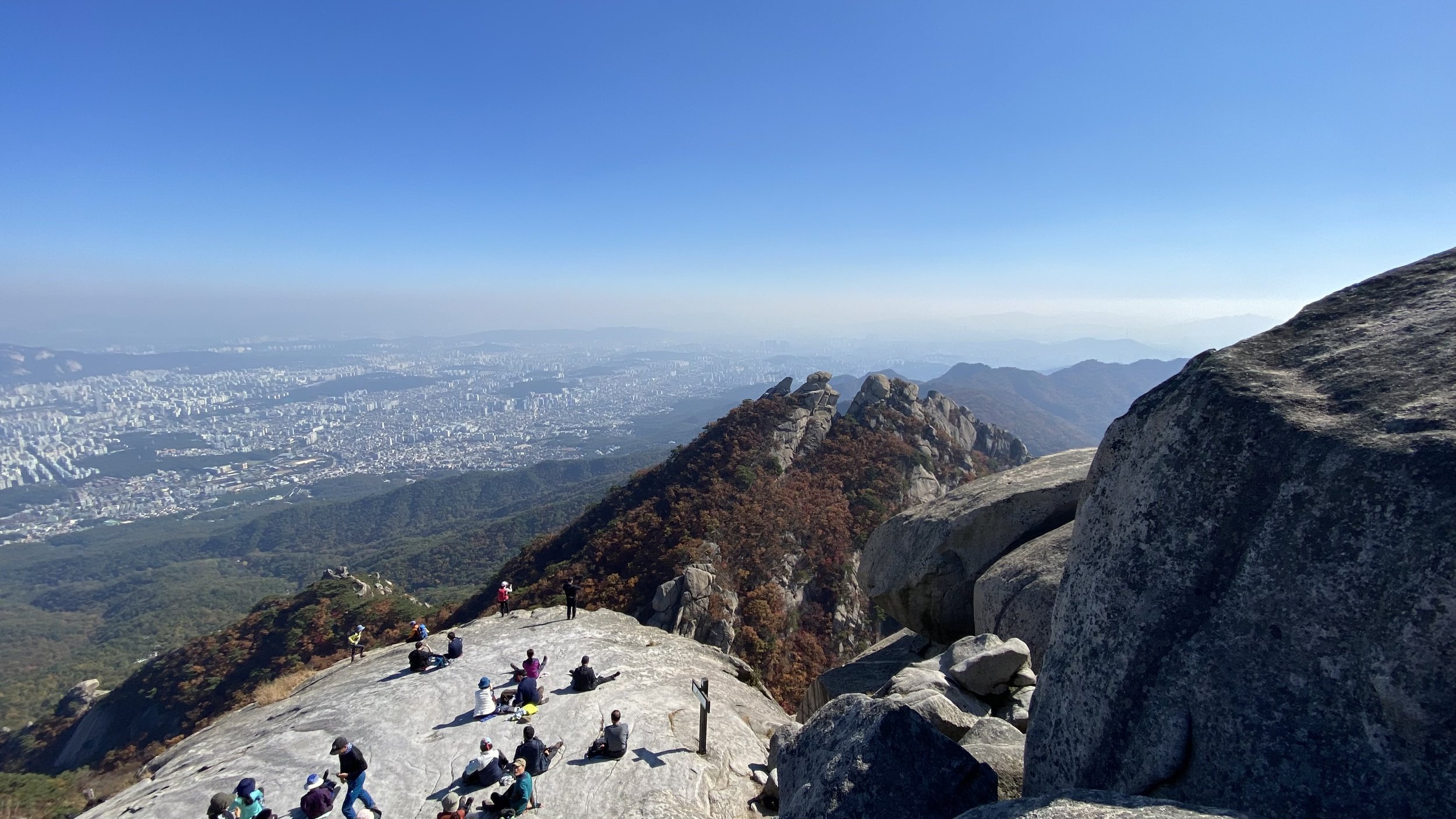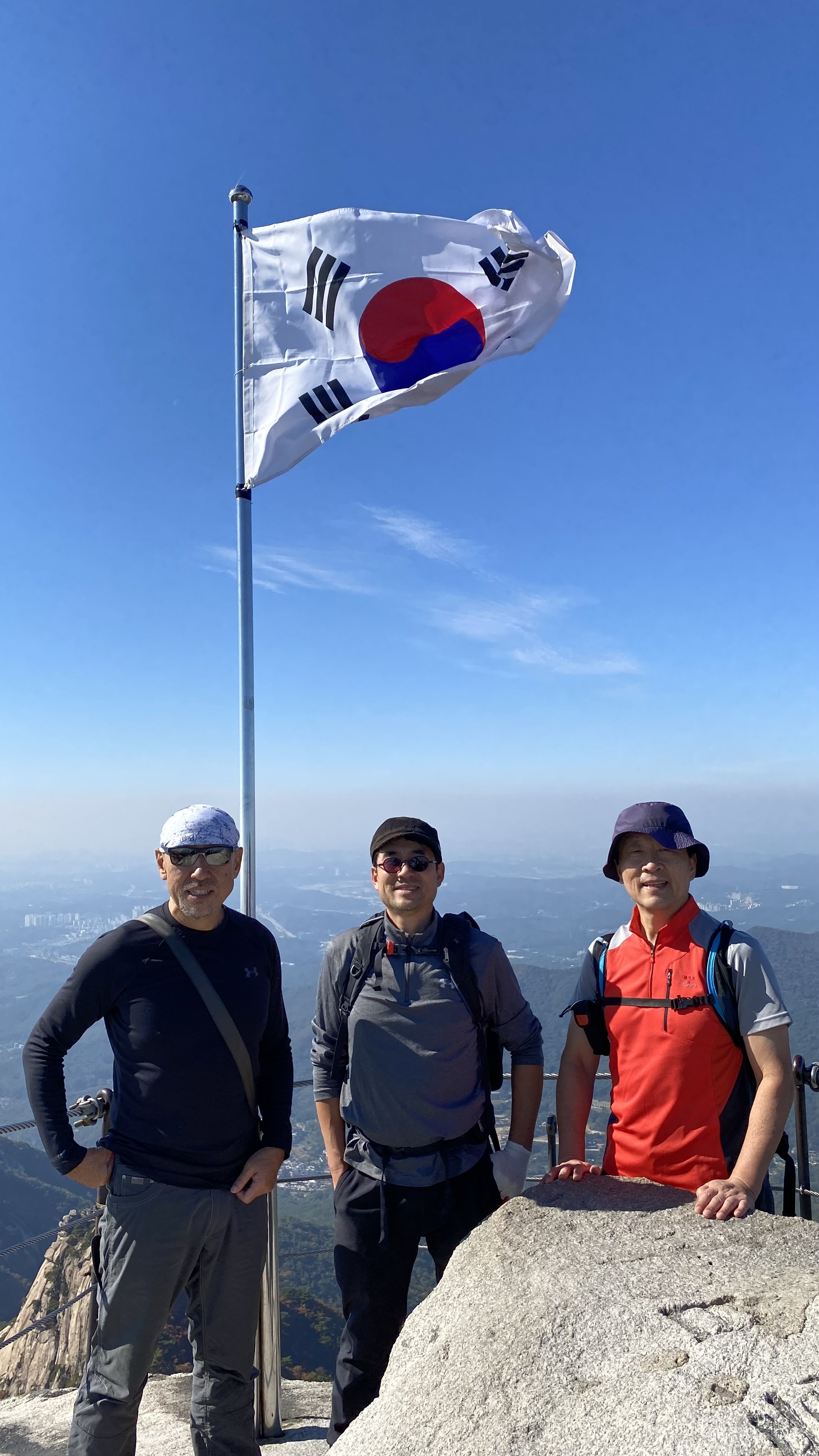For the last two weeks, I have been reflecting and writing about the need for renewal, how renewal takes place, and its intricate inseparable relationship with community and service. This week, I am diving into the need for fresh expressions of “containers, systems, or structures” that can be used to stimulate and generate waves of fresh renewal.
Anyone who has experienced being part of systems of both Christian and/or the world (and that is all of us), would know experientially that systems over time tend to exist and serve systems for their own self-interested end. Obviously, systems do not start with that in mind. Systems begin most of the time to challenge, uproot the “old” systems, and provide innovative and alternative models to do systems. But over time, it takes a herculean effort to swim out of the encrustation of bureaucracies and dominant managerial “efficient” processes. The foremost way to combat the malady toward survival and relevancy is to continually infuse innovation and entrepreneurship within the systems without allowing the systems to manage the creative and should I say apostolic processes. To me, this is proven perennial wisdom that is embedded in the development of human civilizations.
I appreciate Thomas Merton echoing similar perennial wisdom in his book, The Inner Experiences, about a system he was quite familiar with—the monastic tradition.
“. . . but the traditional large monastery has no longer anything new or original to contribute to society. . . Innovation must come from elsewhere—for instance, from small, mobile, and detached groups like the Little Brothers of Jesus.” (p. 125 of The Inner Experiences)
Most people are content and happy to maintain the security and comfort that come from residing at the “traditional” center. (I am adding the word center for tradition and center often are associated with each other.) Jaroslav Pelikan’s insight is apt here, “tradition is the living faith of the dead, traditionalism is the dead faith of the living.”[1] One of the telltale signs of discerning traditionalism from tradition has to do with whether there is an absence of regard for historical, experiential, and theological context or framework. Simply put, we don’t know why and how we got to believe what we believe and we do not seem to care. It seems that we do not have an appetite to understand why we believe but be conveniently content with the fact that we believe. From this vantage, we read into the Bible, defending what we believe as in a propositional set of belief systems and affirming what we already know to be “true” by parroting out a certain set of doctrines.
To be fair, all that goes around in maintaining the center is not necessarily bad because it can offer stability and security. At the same time, for a center to be the center, the center is often associated with power and control. The center needs to be defended with power and control, often vigorously. The center simply does not inspire.
As with Merton, I’m convinced that history is not made by the people in the center of power but by people who are out on the edges or “from elsewhere” and from “detached groups.” One can find innovation and creativity both at the center and the edges, to be sure. But the kind of innovation on the edges is radical and foundationally disruptive in nature, changing the trajectory of history. I am not saying that all innovation at the edges benefits humanity. Clearly, some have not.
Being out on the edges is not for the faint-hearted. It is lonely and can easily be misunderstood. While it may be breathtakingly free being on the edges, it is riddled with unresolved questions and both tried and untried failures and heartaches. It is a sure bet for failures. The edges don’t stay the same and remain constant, they are always shifting and morphing. To take the analogy further, one cannot be both at the center and at the edges at the same time, maintaining perfect balance. One can traverse from one place to another over time and over the course of one’s life. Additionally, there are what I call bridge people. They are the ones who reside in one place, sympathetic and passionate about bridging the gap between the center and the edges. For example, one can reside at the center and try to speak some sense into the people who are on the edges without control and manipulation. On the other hand, one can also have people who reside on the edges and try to bring awareness and awakening into the center without judgment and condemnation.
One of the better examples of the latter is none other than Francis of Assisi, insightfully highlighted by Richard Rohr in his book, Eager to Love: The Alternative Way of Francis of Assisi. And one can have a meaningful and constructive dialogue between these bridge peoples on both sides, but not people who are bent on either the center or the edges. They will drive each other into a madhouse. Generally speaking, prophets and apostles are out on the edges while pastors and teachers reside at the center. A poetic prophet Jeremiah portrays par excellence and what it means to live on the edges.
So far, I have been talking somewhat abstractly about center and edges, and the interplay and dynamic relationship between the two. Merton brings it down to a personal level and internalizes the relationship between “external control” and “liberation” at the level of one’s soul.
“The contemplative seeks to liberate his soul from all external control, to purify and detach it from material, sensual, and even spiritual compulsions, and to surrender it to the truth and creative freedom of the Holy Spirit. And in liberating himself, he becomes able to show others the way to the same liberty, because his life bears witness to a supreme liberty and enables them to know it, obscurely, and to burn with its desire.” (p. 129)
A life that knows “supreme liberty” and shows it to others is a life well-lived. Our liberation which intuitively recognizes and responds to the creative freedom of the Holy Spirit becomes both an invitation and a gift to others, enlarging the movement of supreme liberty. This supreme liberty whether one is at the center or on the edges is what finally judges and corrects. One could reside at the center without the fullest sense of supreme liberty. One could also reside at the edges without the fullest sense of supreme liberty. The supreme liberty we are invited to pursue is to “surrender to the truth and creative freedom of the Holy Spirit,” and is the liberty to “show others the way to the same liberty” which is to serve, not to insist on our worth. Paradoxically, the supreme liberty is to surrender and to serve.
Personally, I care deeply about this topic because I believe in creating and forming alternative communities with alternative consciousness toward perpetual re-formation and renewal of humanity. My growing belief is that renewal and re-formation cannot happen without the innovative infusion of alternative communities originating from detached groups, from the periphery, or from the margin. I also have experienced enough unsettled frustration and dis-ease of the center defending the center without the validity of existence. My earnest prayer and hope are that we would witness more innovative structures that understand the signs of the times to contribute to and develop humanity’s consciousness toward God.
[1] This is a portion of the interview with U.S. News & World Report, July 26, 1989 (the interview focused on his book The Vindication of Tradition). Pelikan follows the above sentence. “Tradition lives in conversation with the past while remembering where we are and when we are and that it is we who have to decide. Traditionalism supposes that nothing should ever be done for the first time, so all that is needed to solve any problem is to arrive at the supposedly unanimous testimony of this homogenized tradition.”








